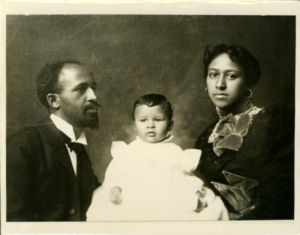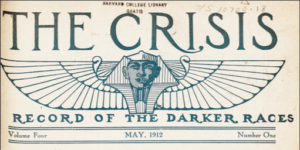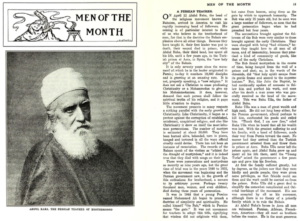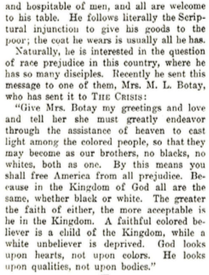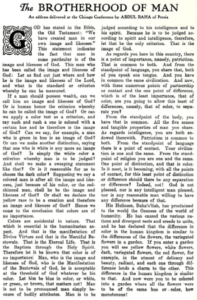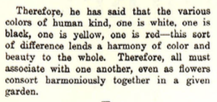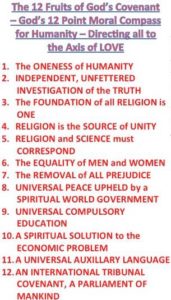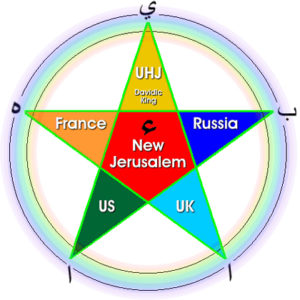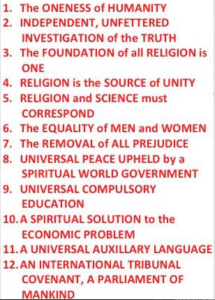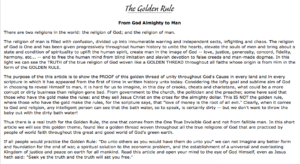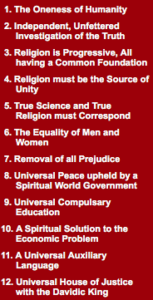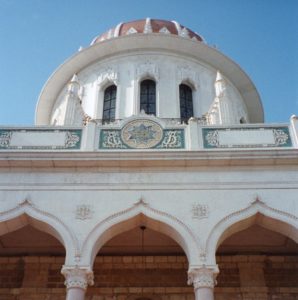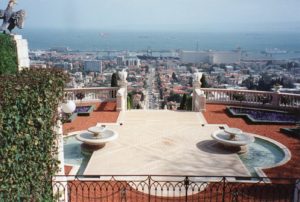Black History Month
W.E.B and Nina Du Bois
The Du Bois Family, 1898
W.E.B. Du Bois met Abdu’l-Baha’, when he (Abdu’l-Baha’) delivered a talk at the 4th annual conference of the NAACP in Chicago, IL., though he may have seen him prior to that date when he delivered a talk at Howard University in Washington, D.C., an Historically Black University (HBCU) on April 23, 1912. Their meeting began Mr. Du Bois’ life-long and intimate relationship with the Baha’i Faith. Both W.E.B. Du Bois and his wife, Nina were very active teachers of the Baha’i Faith documented from at least as early as the 1930’s and probably much earlier than that, given their encounter with Abdu’l-Baha’ in 1912. What follows are two articles published by Mr. Dubois in the official magazine of the NAACP, “The Crisis”, which was founded in 1910 by Du Bois and his associates.
*********
Talk given by Abdu’l-Baha’ at the Fourth Annual Conference of the NAACP, April 30, 1912
Handel Hall, Chicago, Illinois
As recorded in the Newspaper “The Crisis”, the official magazine of the NAACP, published by W.E.B. Du Boise and associates, a facsimile of the original talk by Abdu’l-Baha’, followed by the text of the article.
GOD has stated in the Bible, the Old Testament: “We have created man in our own image and likeness.” This statement indicates the fact that man in some particular is of the image and likeness of God. This man who has been called the image and likeness of God: Let us find out just where and how he is the image and likeness of the Lord, and what is the standard or criterion whereby he can be measured.
If a man should possess wealth, can we call him an image and likeness of God? Or is human honor the criterion whereby he can be called the image of God? Or can we apply a color test as a criterion, and say such and such a one is colored with a certain hue and he therefore is the image of God? Can we say, for example, a man who is green in hue is an image of God? Or can we make another distinction, saying that one who is white is any more an image of God? Is simply the white color a criterion whereby man is to be judged? And shall we make a sweeping statement like that? Or is it reasonable for us to choose the dark color? Supposing we say a colored man is after all the image and like ness, just because of his color, or the red- skinned man, shall he be the image and likeness of God? Or shall we declare the yellow race to be a creation and therefore an image and likeness of God? Hence we come to the conclusion that colors are of no importance.
Colors are accidental in nature. That which is essential is the humanitarian aspect. And that is the manifestation of Divine Virtues and that is the Merciful Bestowals. That is the Eternal Life. That is the Baptism through the Holy Spirit. Therefore let it be known that color is of no importance’. Man, who is the image and likeness of God, who is the Manifestation of the Bestowals of God, he is acceptable at the threshold of God whatever be his color. Let him be blue in color, or white, or green, or brown, that matters not! Man is not to be pronounced man simply because of bodily attributes. Man is to be judged according to his intelligence and to his spirit. Because he is to be judged according to spirit and intelligence, therefore, let that be the only criterion. That is the image of God.
As regards you here in this country, there is a point of importance, namely, patriotism. That is common to both. And from the standpoint of language, you share that, both of you speak one tongue. And you have in common the same civilization. And now, with these numerous points of partnership or contact and the one point of difference, which is of the least importance, that of color, are you going to allow this least of differences, namely, that of color, to separate you?
From the standpoint of the body, you have that in common. All the five senses and tangible properties of man you share. As regards intelligence, you are both endowed therewith. Patriotism is common to both. From the standpoint of language there is a point of contact. Your civilization is one and the same. From the stand point of religion you are one and the same. One point of distinction, and that is color. Is it meet, is it becoming, with all the points of contact, for this least point of distinction or difference should there be any separation or difference? Indeed, not! God is not pleased, nor is any intelligent man pleased, nor is any reasonable man willing to have any difference because of that.
His Holiness, Baha’o’llah, has proclaimed to the world the Oneness of the world of humanity. He has caused the various nations and divergent sects and creeds to unite, and he has declared that the difference in color in the human kingdom is similar to the differences of the flowers, the variegated flowers in a garden. If you enter a garden you will see yellow flowers, white flowers, dark, variegated flowers, the red flower, for example, in the utmost of delicacy and beauty, radiant, and each one through difference lends a charm to the other. This difference in the human kingdom is similar to that. And now were you to be ushered into a garden where all the flowers were to be of the same hue or color, how monotonous! Therefore, he has said that the various colors of human kind, one is white, one is black, one is yellow, one is red—this sort of difference lends a harmony of color and beauty to the whole. Therefore, all must associate with one another, even as flowers consort harmoniously together in a given garden.
*********
